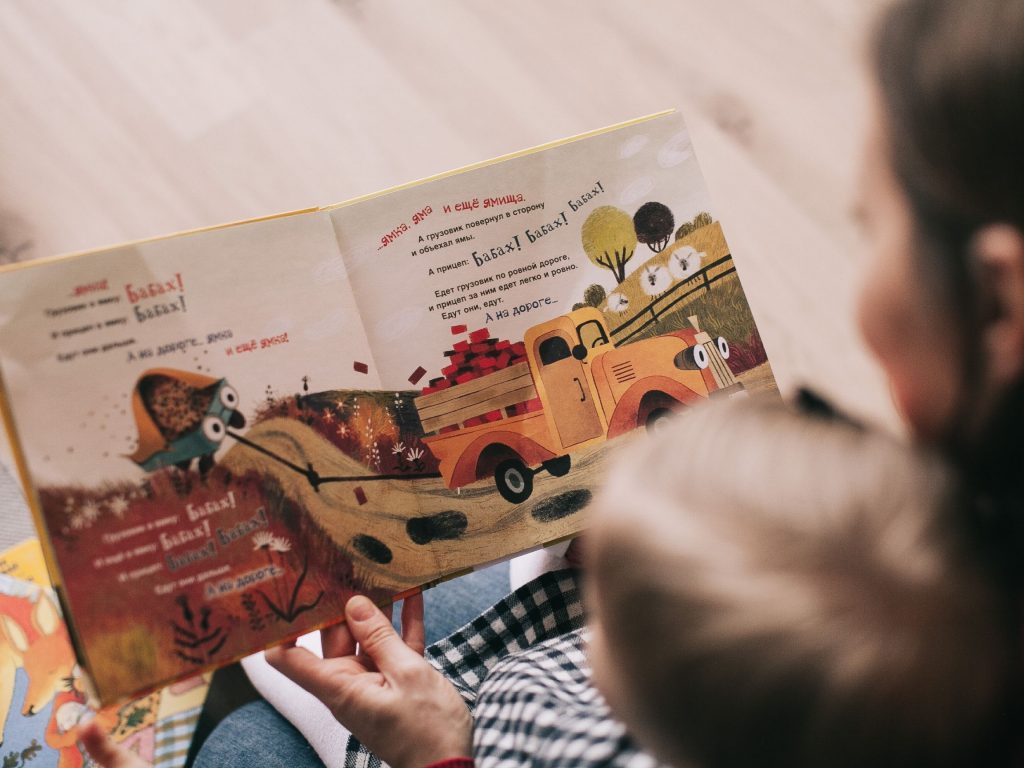A new mom’s complete day rotates around her little one, leaving no time for herself. Moreover, a day’s work at the workplace may appear like an impossible task if you are on your maternity leave. With support and preparation, you can certainly ace being a working mom and a rockstar mommy.

Returning to work is one of the most frightening milestones for most new moms. Several doubts may cross your mind and you can find yourself feeling nervous and anxious, guilty, thrilled, all at the same time. Here are a few things you must think about before you return to work:

Keep in contact with what is happening in the office while you are on maternity leave

Keep in touch with your boss, teammates can assist you to feel associated even when you are on leave. Staying connected with your friends at the place of work can make you wish to join work. Understanding what are the new amendments in your team can assist you to discuss the roles as per your requirements if required.
Planning when to return

You may always feel that your child is not old enough for you to join back work, or you need more time. While there is no ideal time to return to work, think about factors such as travel requirements at your workplace, anticipated workload, commute time, your financial situation, and the support system you have back home. Talk with your partner on what they think and how you as a family are ready for you to join back work.
Talk with your employers

Most companies in India today have regulations that make returning to employment easy for new mothers. Talk about your options with your company. If you need to feed your baby, check with your employer if you can go out for an hour during the break. Pumping might be one more option, and several working moms are opting for. Flexible hours for working and bosses who understand can make the evolution simple for you.
Know the regulations at your place of work

While maximum companies make the prospective arrangements for new moms, you should know what you are permitted to as per regulations. Ensure you know the regulations of your company in regards to legal rights and flexibility.
Mom restart career
Once you know the date you shall get back to work on, you must plan out all the essential details meticulously. Here are the things to consider before restarting the career:

Decide on who needs to look after your child while you are at work

Most working parents either choose a daycare or rely on the kid’s grandparents in their absence. You might need to think about a range of factors such as the eagerness of grandparents, their health/age conditions, monetary aspects of daycare, etc. Whatever you select for your family, remember your family’s needs and the setting that best suits you and your kid. Think about the monetary costs included in each option, and make up your mind on what you think is the best choice.
Get the necessary assistance

With you joining back work, there would be added responsibilities, hence it is wise to seek assistance. Assign some of the vital responsibilities to your partner or any other assistance you may have. For instance, think about getting extra help for tasks like cleaning, cooking, etc. Plan for days when the child is sick. Planning can assist in avoiding issues.
Re-focus on your career
You may feel miserable for weeks as a working mom, thinking about your little one always and bothering about him. Remember that worrying alone does not assist. Rather you should focus on your career.

So, if you are a new mom and planning returning to work, then you should keep in mind the above-mentioned tips.










